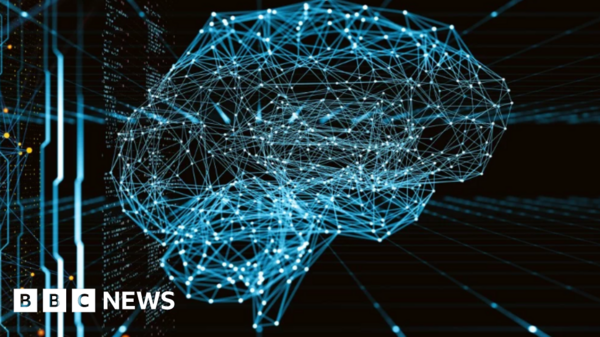Scientists Create Brain-Mimicking AI That Slashes Energy Use by Million Kilowatt-Hours

Summary
University of Surrey scientists develop revolutionary brain-mimicking AI called Topographical Sparse Mapping that connects neurons only to nearby related ones, dramatically slashing energy consumption by over a million kilowatt-hours while boosting performance through biological pruning processes that refine connections during learning.
Key Points
- University of Surrey researchers develop Topographical Sparse Mapping, a new AI approach that mimics human brain neural wiring by connecting each neuron only to nearby or related neurons
- The brain-inspired method significantly improves artificial neural network performance while cutting energy demands, with current large AI models consuming over a million kilowatt-hours during training
- Enhanced version includes biologically inspired 'pruning' process during training that refines neural connections as the system learns, similar to how human brains develop